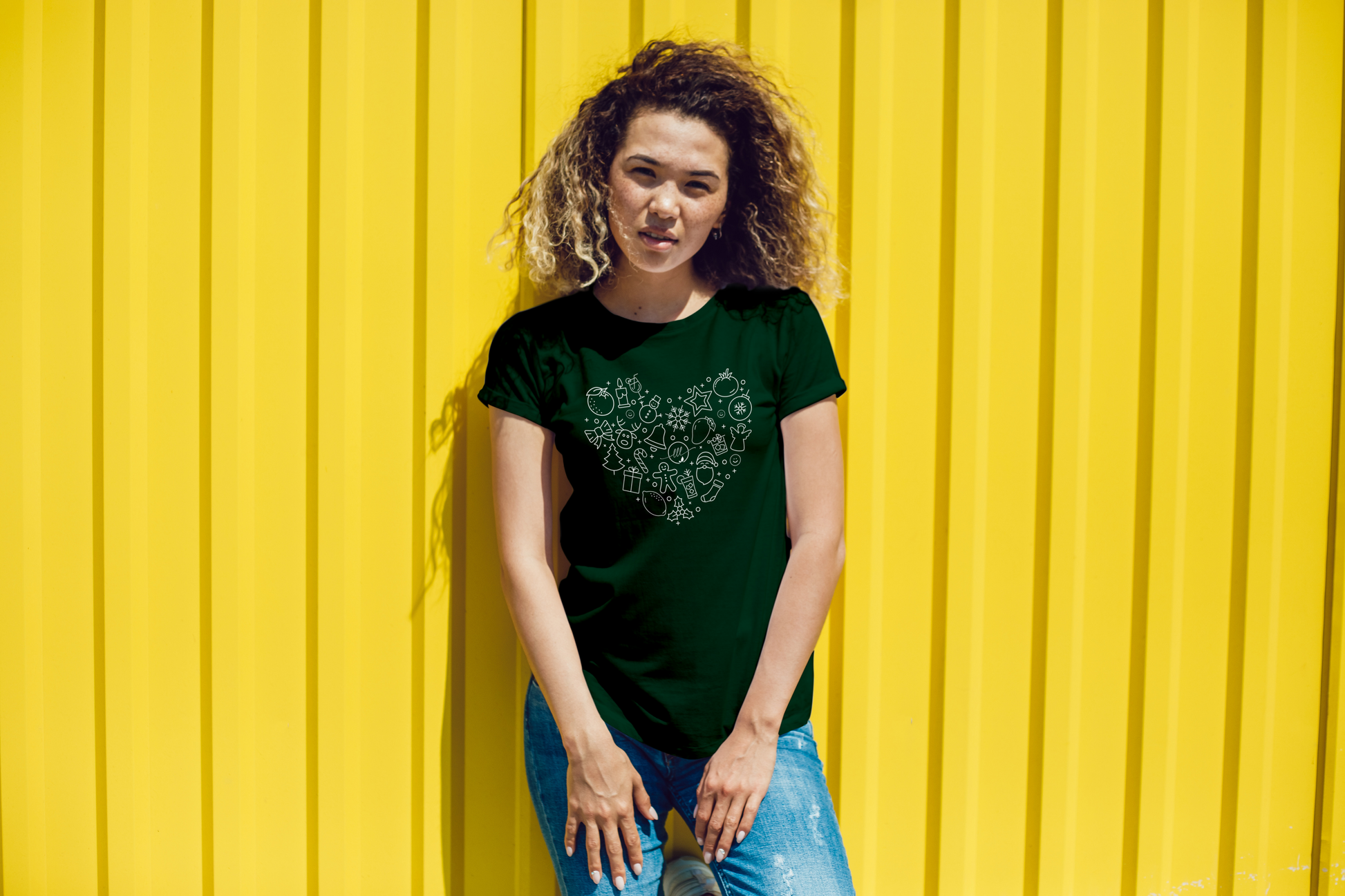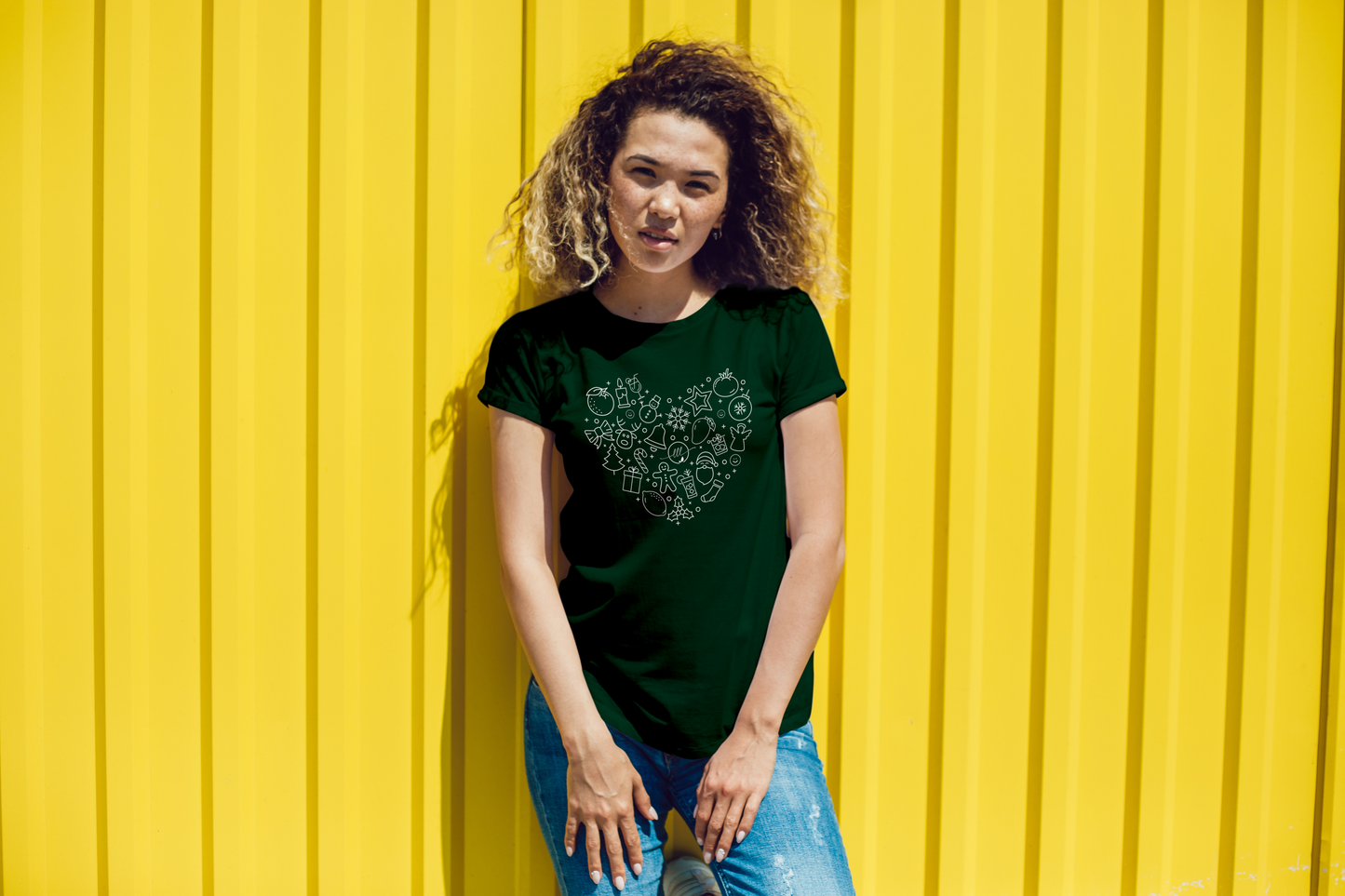The Thanksgiving Slumber: Unraveling the Mystery of Post-Meal Sleepiness
Share
As Thanksgiving approaches, we eagerly anticipate the hearty feast that awaits us. However, it's not just the delicious food that beckons; it's also the notorious post-Thanksgiving meal drowsiness. In this blog, we'll explore the science behind why people get sleepy after indulging in a Thanksgiving feast, delve into the physiological processes at play, provide tips on how to avoid the post-meal slump, and cap it off with a delightful Thanksgiving recipe.
Why Do We Get Sleepy After Thanksgiving Dinner?
-
Tryptophan and Turkey: The blame often falls on turkey for its tryptophan content. Tryptophan is an amino acid that serves as a precursor to serotonin and melatonin, neurotransmitters associated with relaxation and sleep. While turkey does contain tryptophan, it's not solely responsible for post-meal sleepiness. In fact, many other protein-rich foods contain similar or higher levels of tryptophan.
-
Carbohydrates and Insulin: The typical Thanksgiving meal is rich in carbohydrates, which can trigger an increase in insulin production. The surge in insulin helps amino acids, including tryptophan, enter the cells more easily. This, in turn, can lead to an increase in serotonin and melatonin levels, contributing to a feeling of drowsiness.
-
Digestive Demands: A large, rich meal requires significant energy for digestion. Blood flow is redirected to the digestive system, leading to a decrease in blood flow to other parts of the body, including the brain. This diversion of resources can contribute to feelings of lethargy and drowsiness.
Tips to Avoid the Thanksgiving Slumber:
-
Balance Your Plate: Rather than loading up on one type of food, aim for a balanced plate with a mix of proteins, carbohydrates, and vegetables. This can help mitigate the rapid spike in insulin and provide sustained energy.
-
Stay Hydrated: Drink plenty of water throughout the meal. Hydration aids digestion and helps prevent the dehydration that can contribute to feelings of fatigue.
-
Take a Post-Meal Stroll: Instead of collapsing onto the couch after dinner, consider taking a short walk. Physical activity can stimulate digestion and boost energy levels.
-
Mindful Eating: Pay attention to your body's hunger and fullness cues. Eating slowly and savoring each bite can help prevent overeating and the subsequent energy crash.
Recipe: Autumn Harvest Quinoa Salad
Ingredients:
- 1 cup quinoa, cooked
- 1 cup roasted butternut squash, diced
- 1/2 cup dried cranberries
- 1/4 cup chopped pecans, toasted
- 1/4 cup feta cheese, crumbled
- 2 tablespoons olive oil
- 1 tablespoon balsamic vinegar
- Salt and pepper to taste
Instructions:
- In a large bowl, combine the cooked quinoa, roasted butternut squash, dried cranberries, toasted pecans, and feta cheese.
- In a small bowl, whisk together the olive oil, balsamic vinegar, salt, and pepper.
- Pour the dressing over the quinoa mixture and toss until well combined.
- Serve the salad at room temperature and enjoy a flavorful, energy-sustaining dish.
While the Thanksgiving meal's composition and sheer abundance can contribute to post-feast sleepiness, mindful eating and a few lifestyle adjustments can help you savor the holiday without succumbing to the Thanksgiving slumbers!


